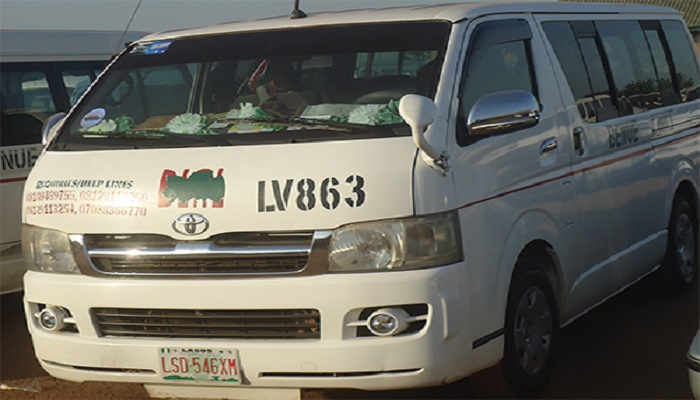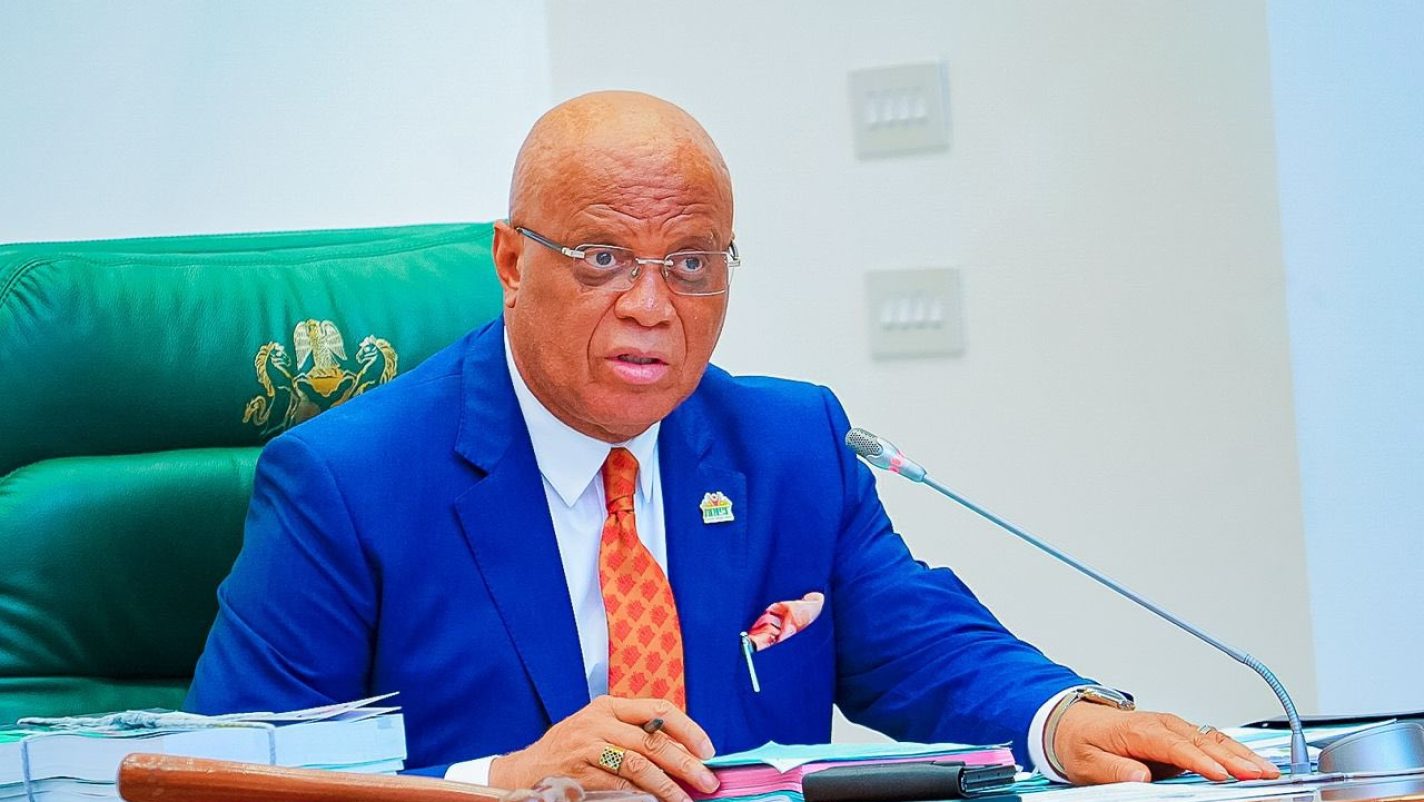Nigeria Floods Claim Over 150 Lives

Devastating floods, triggered by torrential rainfall this week, have ravaged the market town of Mokwa in Nigeria’s north-central Niger State, resulting in a tragic death toll of at least 151 people as of Saturday. The deluge, which began early Thursday and continued from Wednesday night, has also displaced over 3,000 individuals and impacted more than 500 households, according to emergency officials.
Mokwa, a crucial trading and transportation hub west of Abuja known for its commerce in beans, onions, and other food items, experienced catastrophic damage. The powerful torrents of water submerged the town, washed away significant sections of roads and bridges, and left numerous buildings almost entirely underwater. Residents like Kazeem Muhammed lamented the extensive loss of lives, properties, and vital farm produce, including stored goods. Days after the initial flooding, rescuers continued to navigate through mud and debris in search of more victims, with some individuals still unaccounted for. At least 11 people were also reported injured.
In response to the disaster, Nigerian President Bola Tinubu has directed the activation of the national emergency response centre to provide swift assistance to Niger State. "Search-and-rescue operations are ongoing, and all relevant federal agencies have been mobilised to support the state government's efforts," President Tinubu stated. He assured that relief materials and temporary shelter assistance were being deployed without delay, emphasizing that no Nigerian affected by the disaster would be left behind or unheard of.
While heavy rainfall is the direct cause of the flooding, which is common during Nigeria's rainy season that typically begins in April, local officials have highlighted that poor infrastructure significantly exacerbated the recent damage. There have been appeals for the "long overdue" construction of waterways in the Mokwa area to mitigate future events. Community leader Aliki Musa noted that the people of Mokwa are not accustomed to such severe levels of flooding.
The escalating climate crisis is increasingly seen as a major contributor to such extreme weather events. Experts explain that hotter air can hold more moisture, leading to more intense rainfall when it does occur. Mohamed Adow, director of Kenya-based thinktank Power Shift Africa, described the situation as a "cruel irony" where parts of Africa suffer from both extreme drought and devastating floods. He emphasized that "the terrible floods in Nigeria are another reminder that Africa stands on the front line of the climate crisis," urging polluting nations to "urgently" reduce fossil fuel emissions and direct climate funding to the most vulnerable. This sentiment is underscored by findings from World Weather Attribution scientists, who concluded that the heavy flooding that killed hundreds in Nigeria during 2022 was made at least 80 times more likely and 20% more intense due to climate change. That year, Nigeria experienced its worst floods in over a decade, which killed more than 600 people, displaced around 1.4 million, and destroyed 440,000 hectares of farmland.
The disaster also brings into focus the challenges of international aid and support. Concerns have been raised following the UK government's announcement in February to cut its aid budget from 0.5% to 0.3% of gross national income from 2027 to fund increased defence spending. NGOs warn that this reduction, following previous cuts, will disproportionately affect countries like Nigeria, South Sudan, and Zimbabwe, which are among the hardest hit by climate change despite contributing the least to it. Gideon Rabinowitz, director of policy and advocacy at Bond, the UK network for NGOs, stated, "The cuts to UK aid, alongside reductions in humanitarian and development funding by countries around the world, undermine our capacity to support countries like Nigeria." He called for an urgent impact assessment of the UK aid cuts. Sky News reported it had contacted the UK Foreign, Commonwealth and Development Office for comment on the matter.
As search and recovery efforts continue in Mokwa, the community grapples with the immense loss of life and the destruction of their livelihoods, facing an uncertain future amidst recurring and intensifying environmental challenges.












